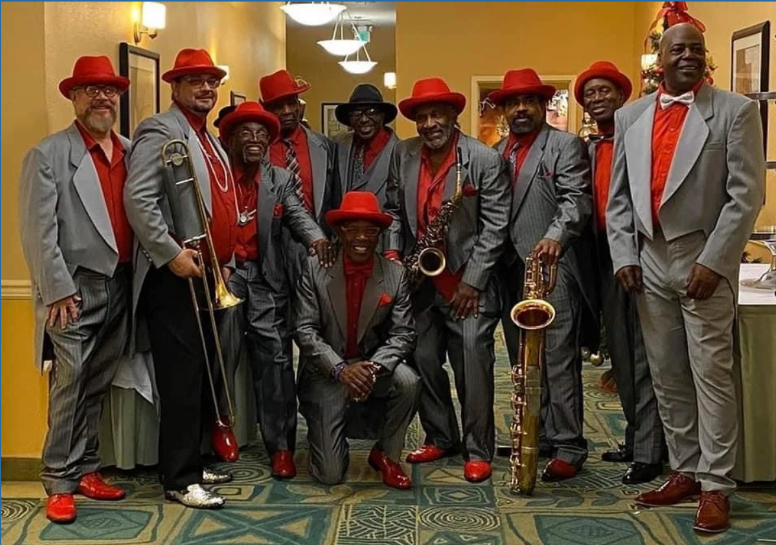Growing Up Clueless
And when I say "clueless," I'm talking specifically about African American culture. I grew up in Pasadena during the 50s and 60s. There were no Blacks in my neighborhood and Pasadena High School at the time in the halcyon days before court-ordered bussing (Pasadena was the second city outside the South to have that mandate clamped down upon it) had an African American enrollment of 8%. During the 1930s, Ruby McKnight Williams moved to Pasadena from Kansas with the intention of working in the public schools only to discover that the city did not hire Black teachers. “I didn’t see any difference in Pasadena and Mississippi except they were spelled differently,” she remarked.
My parents, being Jewish (and therefore suspect as the only Jewish family in our neighborhood), were good New Deal liberals, and though they endorsed an anti racist ideology, they didn't have much opportunity to put it into practice. Their musical taste wasn't particularly advanced, and though we had some Ella Fitzgerald LPs in their collection, I never heard the blues or had the blues even though I was plenty unhappy as a social reject. The blues wasn't about that.
My college days at the mostly white University of California Santa Cruz didn't increase my exposure significantly. I read Eldridge Cleaver's
Soul on Ice and Franz Fanon's
Wretched of the Earth without much comprehension. (This was during the late 60s and early 70s.) The music I was listening to as part of the rock 'n roll generation was marinated in the blues, but I didn't recognize it as such. The only version of Robert Johnson's "Love In Vain" I knew about was that of the Rolling Stones. I certainly enjoyed "God Bless the Child" on the self-titled album by Blood, Sweat and Tears, but I was always a sucker for horns.Yes, I had heard that Elvis stole "Hound Dog" from Big Momma Thorton, but I never sought out any of her recordings. How could you top the King?
With the exception of Motown, popular music was still fairly segregated, and I had never been one to comb through record bins searching for Blind Lemon Jefferson. Some of the white bands blasted the blues in your face (Cream, John Mayall & the Bluesbreakers), and though I enjoyed the virtuoso guitar of Eric Clapton (still do), I never fell down amazed on the musical Road to Damascus. My soul was not open to the blues.
Decades later, I was shepherded towards the blues through my research in the Queer Harlem Renaissance. I was confused at first because I had never
heard of Ma Rainey, Bessie Smith, or Alberta Hunter. Wasn't the blues perfected by oppressed Black men during the Depression? There was martyred Robert Johnson, saint Leadbelly, B.B. King and his inamorta Lucille. Who were these women; what was the Classic Blues? Some of the songs I researched were cute but either sounded dated ("Kitchen Mechanic Blues") or were so poorly recorded that they were difficult to appreciate (any of Ma Rainey's songs put out by Paramount).
Fortunately Columbia had done right by Bessie Smith. Carl Van Vechten was so taken with Bessie's output that he bought two copies of every side, one to play and one to keep in mint condition for the future. So when I heard "Young Woman's Blues" and "Down Hearted Blues," I was softened up in spite of my advanced age. Furthermore, her renditions of such songs as "After You've Gone" and "Nobody Knows You When You're Down and Out" dusted off the cobwebs from these pop classics.
Many songs, especially Etta James' heartswept version of "At Last," helped pierce the cultural wax in my ears. For a more recent example, "Another Life Goes By" by Christone Kingfish Ingram stopped me in my tracks. And then it turned out -- who knew? -- that my hometown of Oakland not only claimed an important role in blues history but that it nurtures a healthy blues scene after a time of attrition due to the town's economic strangulation during the latter decades of the 20th century. Now we're solvent again, thanks to the Silicon Valley octopus (Frank Norris reference here). Blues collaborators such as Ronnie Stewart, Executive Director of the West Coast Blues Society, and Tia Carroll whose fantastic cover of Ma Rainey's "Prove It On Me Blues" (not a blues) launched Shoga's film line-up back in 2005, also contributed to my education.
Apparently you can teach old dogs new licks. See y'all at the Everett and Jones BBQ on the first Saturday of every month.
Recent Posts
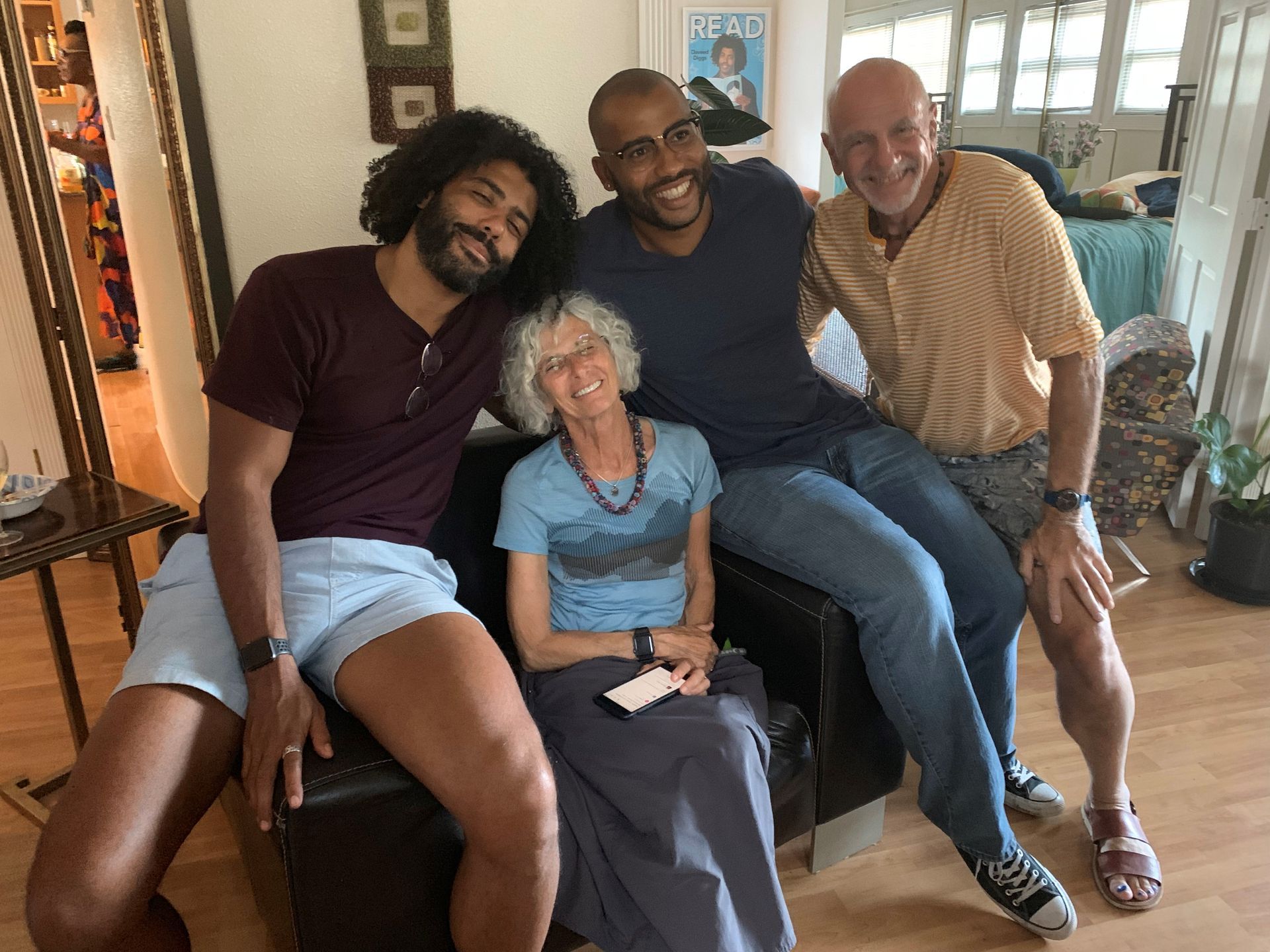
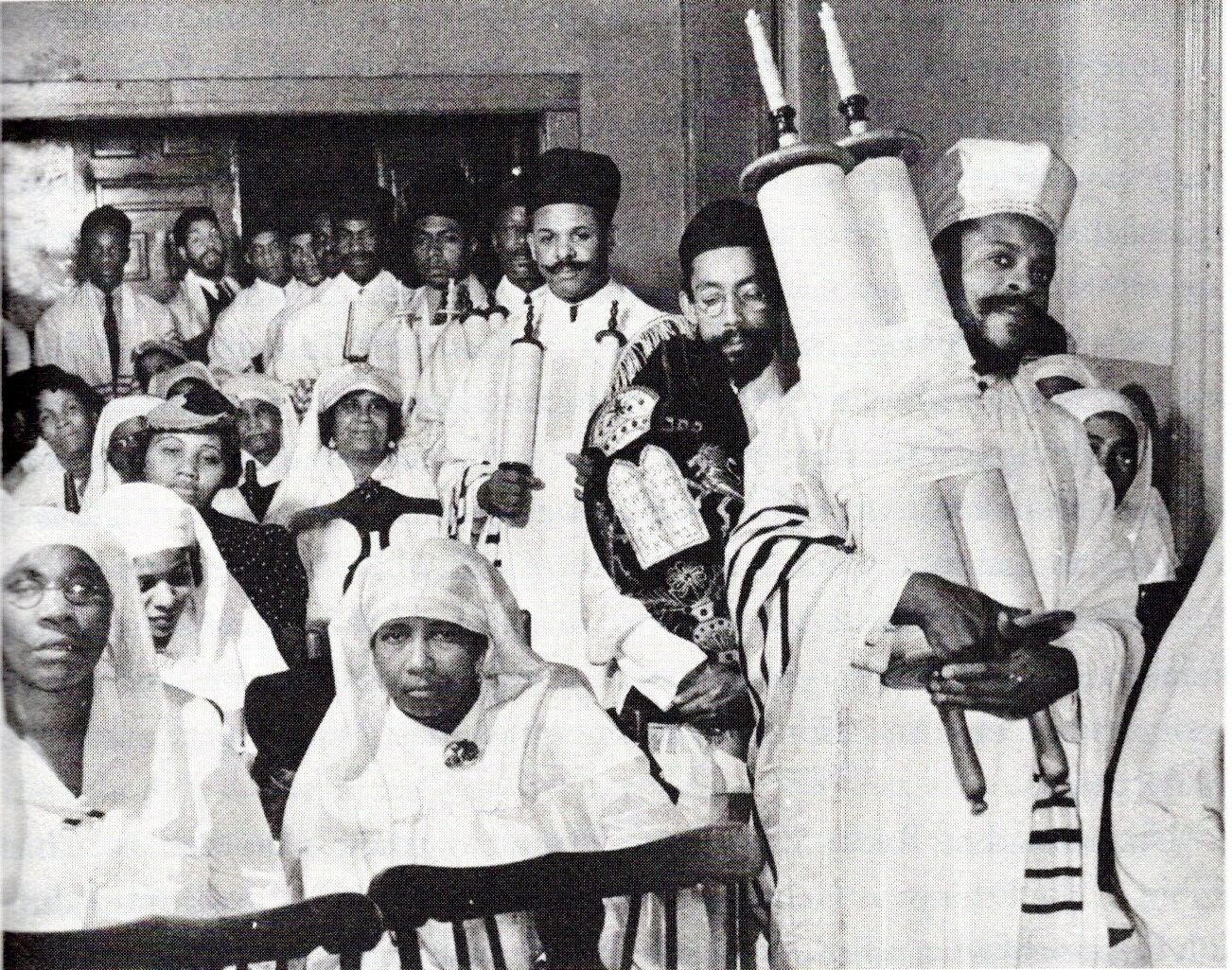
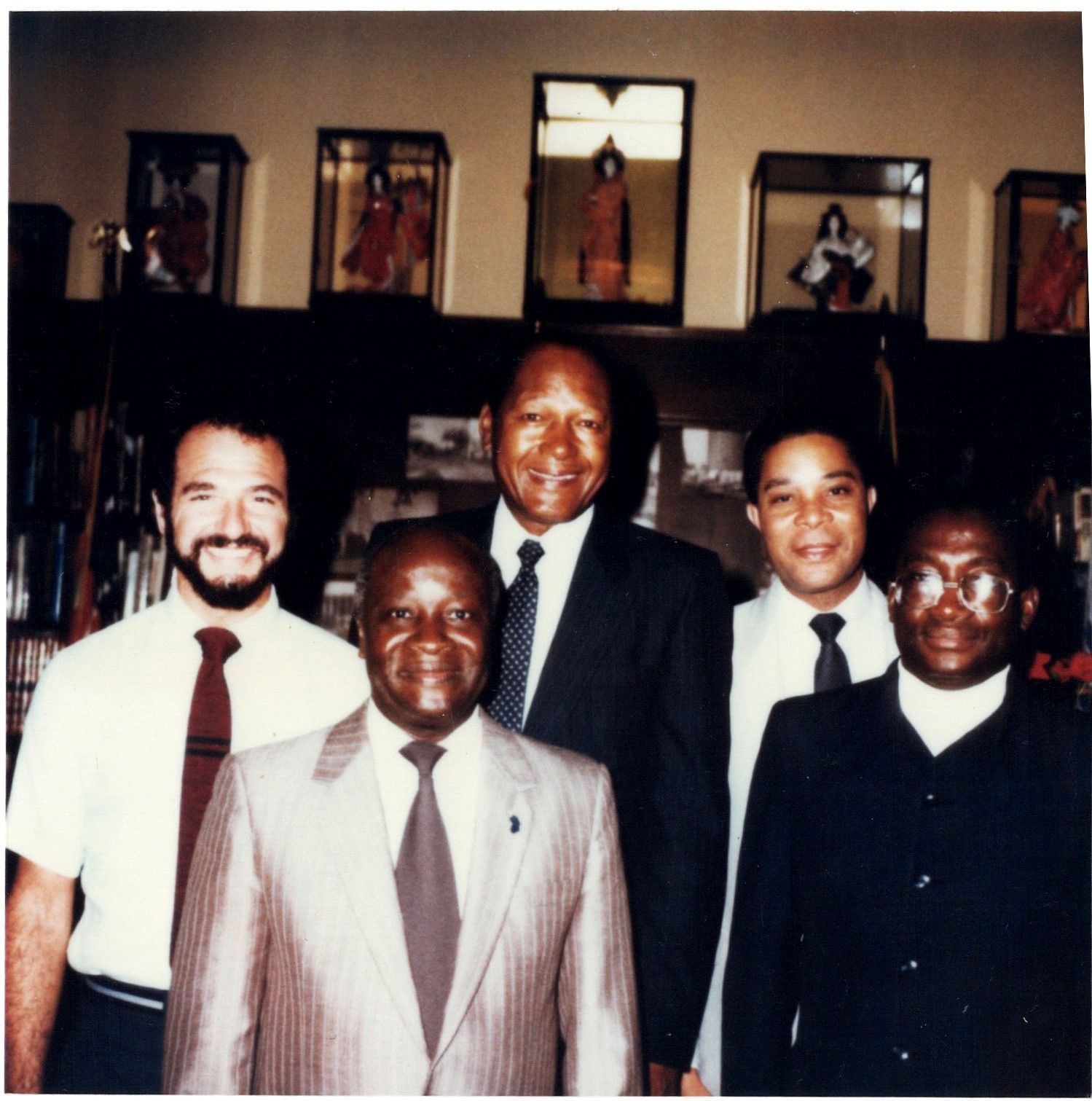
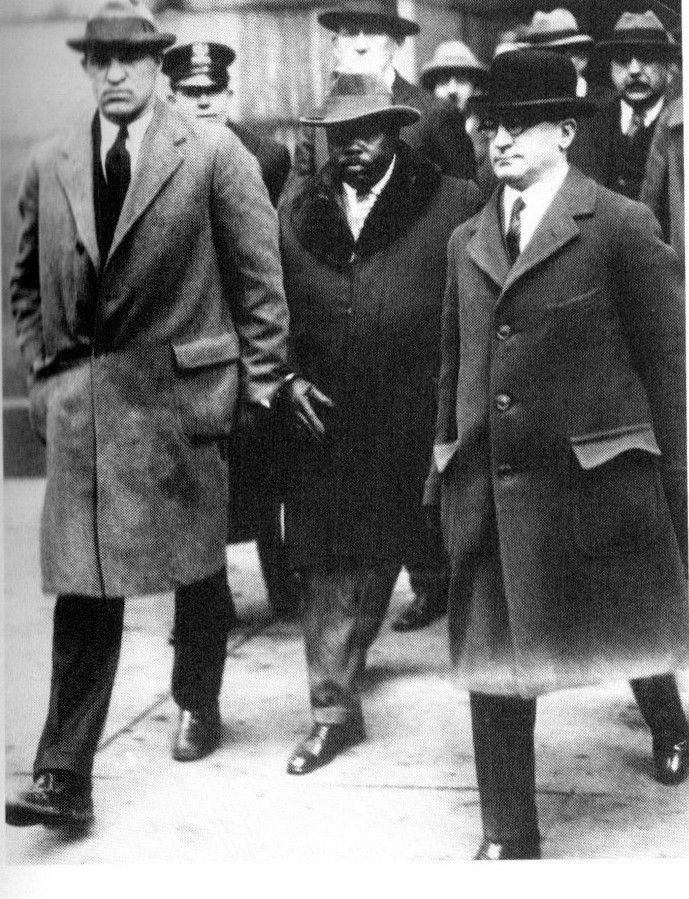
SHOGA FILMS is a 501(c) (3) non-profit production and education company. We create multimedia works around race and sexuality that are intended to raise awareness and foster critical discussion.
Contact Us
All Rights Reserved | Shoga Films
Stay Connected
Thanks for subscribing!
Please try again later.


